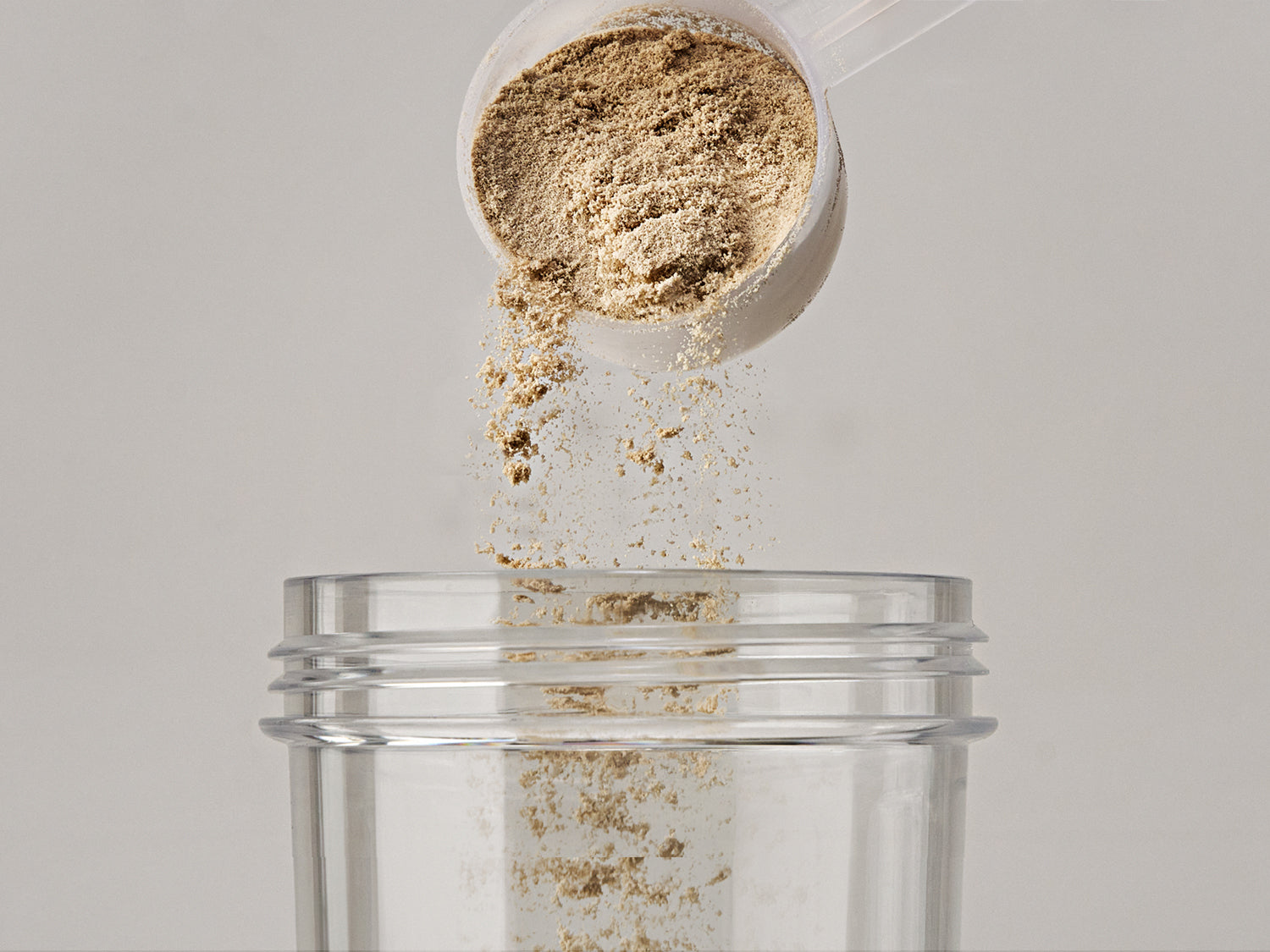While many athletes train first thing in the morning, if you find you do your best work later in the evening, it’s important to understand how your pre-workout could affect your sleep! If you’re choosing a caffeine-powered pre-workout like Vapor X5 or one that delivers it’s energy from paraxanthine like EuphriQ V2 - comparing the half-lives of paraxanthine and caffeine will give you an idea of how they might impact a late-night workout and your ability to sleep afterward.
(Half-life is the time it takes for half of a substance to be cleared from your body, so it’s a key factor in how long their effects linger.)
Half-Life Comparison
Caffeine: The average half-life of caffeine is about 4–6 hours, though this varies widely (1.5–10 hours) depending on individual factors like genetics (CYP1A2 enzyme activity), age, liver function, and habits like smoking. For most people, it’s around 5 hours. So, if you consume 200 mg at 8 PM, you’d still have ~100 mg in your system by 1 AM, and ~50 mg by 6 AM.
Paraxanthine: Paraxanthine, caffeine’s primary metabolite (making up ~80% of caffeine’s breakdown products), has a shorter half-life, typically around 3–4 hours. Studies, like those referenced in pharmacokinetic analyses (e.g., Arnaud, 1993), peg it closer to 3.1–3.5 hours on average. If you took 200 mg of paraxanthine at 8 PM, you’d have ~100 mg by 11 PM–midnight, and ~25–50 mg by 2–3 AM.
Impact on a Late-Night Workout (e.g., 8–9 PM)
Caffeine:
Pros: With a 5-hour half-life, caffeine taken at 8 PM (say, 200 mg in a pre-workout) peaks within 30–60 minutes, giving you a solid energy boost for a 9 PM workout. It’ll keep you alert and strong through heavy lifts or sprints, with effects still strong at 10–11 PM.
Downside: That lingering ~100 mg at 1 AM could keep your nervous system fired up, delaying sleep onset if you’re aiming for bed by midnight or 1 AM. It blocks adenosine receptors longer, countering your body’s natural sleep pressure.
Paraxanthine:
Pros: At 3–4 hours, 200 mg at 8 PM peaks similarly fast, powering your workout with clean, focused energy (often less jittery than caffeine, per studies like Benowitz et al., 1995). By 11 PM–midnight, it’s down to ~50–100 mg, and by 2 AM, it’s mostly cleared (~25 mg or less).
Downside: The shorter duration might mean a slightly faster fade during a long workout (e.g., past 10 PM), though it’s still potent enough for most sessions.
Impact on Sleep After
Caffeine:
If you’re in bed by midnight after a 8 PM dose, ~100 mg remains, potentially increasing sleep latency (time to fall asleep) by 9–12 minutes and cutting total sleep time by 45 minutes, per a 2023 Sleep Medicine Reviews meta-analysis. It might also reduce deep sleep (N3/N4) by ~11 minutes, leaving you less rested. For a 10 PM cutoff (6 hours pre-bed, as the American Academy of Sleep Medicine suggests), you’d need to dose by 6 PM—tricky for late workouts.
Slow metabolizers (genetic CYP1A2 variants) could have 150+ mg lingering, amplifying this disruption.
Paraxanthine:
By midnight, you’re down to ~50–75 mg, and by 2 AM, it’s ~25 mg or less. This faster clearance means less adenosine blockade when you hit the pillow, likely reducing sleep disruption. A 2010 Sleep study on mice showed paraxanthine promotes wakefulness potently but with less late-phase interference than caffeine, hinting at a smoother exit. Anecdotally (e.g., user reports), it’s less likely to leave you wired at bedtime.
For a 1 AM bedtime, paraxanthine’s near-clearance by then aligns better with sleep than caffeine’s lingering tail.
Practical Takeaway
Late-Night Workout (8–9 PM): Both work great—caffeine’s longer kick might edge out for endurance, but paraxanthine’s shorter, sharper boost fits if you’re sensitive to overstimulation.
Sleeping After (Midnight–1 AM): Paraxanthine wins. Its 3–4-hour half-life means it’s mostly gone by bedtime, letting you wind down easier. Caffeine’s 5-hour average keeps more in your system, risking restless nights—especially if you’re not a fast metabolizer or push past 200 mg.
Over to You
For a late gym session and solid sleep, paraxanthine’s shorter half-life makes it the smarter pick. Try 100–200 mg at 8 PM, and you’re likely clear by 1 AM. Caffeine’s fine if you can handle it, but cut it off earlier (e.g., 6 PM) for the same sleep buffer. Either way, creatine’s still the GOAT supplement—just doesn’t help with this timing puzzle!




